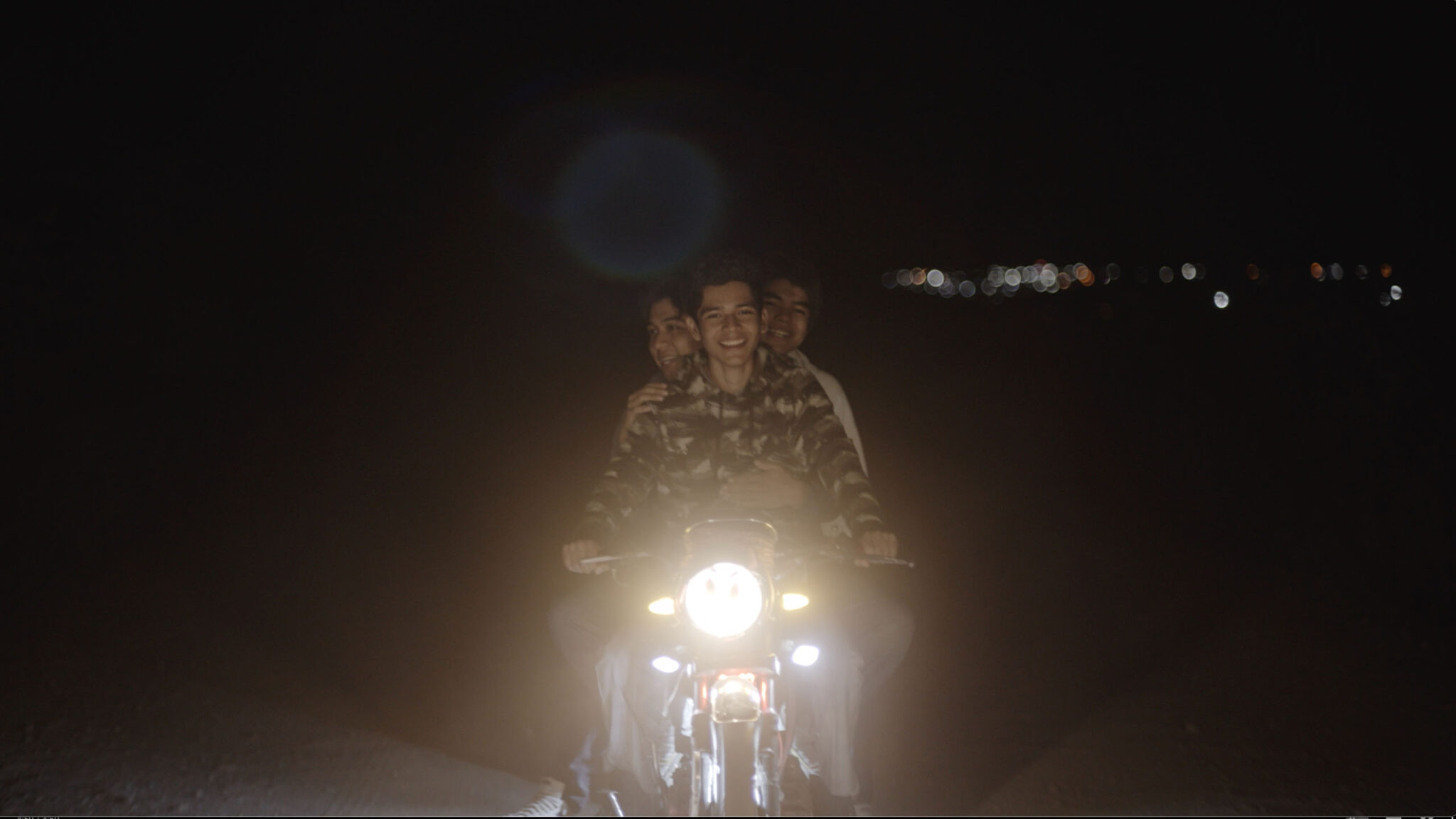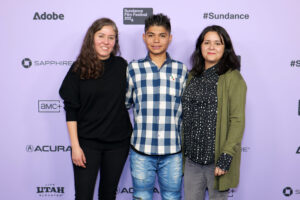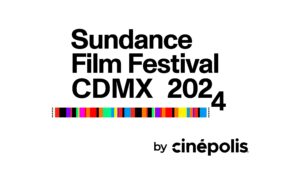[Pictured: A still from Sujo]
By Stephanie Ornelas
“There are so many stories and layers to be told within Ciudad de México,” Paloma Riojas says over Zoom. The screenwriter/producer has a special place in her heart for Mexico City. Having lived and worked there, she knows that the city’s film scene is hungry and ready for more. Later this month, the first edition of Sundance Film Festival CDMX will take place, in partnership with Cinépolis, ready to expand the global community of independent filmmakers and film lovers.
A diverse and vibrant city, CDMX has been the hub of Mexican independent storytelling for decades and, in the runup to the Festival, we’re highlighting Institute-supported stories centered on Mexico City.
“Mexico City is such a rich environment to share stories and to have things written because it is like Los Angeles,” explains Riojas. “It has the gamut of perspectives and experiences that showcase the broad spectrum of how many different lives are being lived all at the same time in that rich and highly populated place.”
Riojas’ short film Nana, which premiered at the 2015 Sundance Film Festival as part of the Sundance Institute Short Film Challenge, is one of seven projects written by women that we’re spotlighting today.
Something that’s often discussed is how Latine women filmmakers are still grappling with gender inequity and sourcing funding for their projects. Women storytellers are working tirelessly to change that, and the needle is definitely moving. Last year, for the first time ever, women dominated the nominations for Best Director at the Ariel Awards (Mexican Academy of Motion Picture Arts and Sciences). And just this past January at the 2024 Sundance Film Festival, writer-directors Astrid Rondero and Fernanda Valadez won the World Cinema Grand Jury Prize: Dramatic for their film Sujo.
“[Stories written by women] can be universal, but they’re also wholly unique. It’s very important, and needed, to highlight stories written by women and to open up spaces for that to happen,” adds Riojas.
Before we journey to Mexico City on April 25 to showcase 12 features and 10 Mexican shorts at Cinépolis Diana and Cinépolis VIP Miyana, explore the following Sundance-supported films based in Mexico City that were written by women.
Red Dawn (Rojo Amanecer) — 1991 Sundance Film Festival
Jorge Fons’ drama, which was co-written by Guadalupe Ortega and Xavier Robles, addresses the massacre of more than 400 students by the Mexican army at Plaza de las Tres Culturas in Mexico City in 1968. Following a middle-class family who live in the Tlatelolco Housing complex that overlooks the plaza, the film explores the atrocities committed by military forces. Red Dawn (Rojo Amanecer) screened in the “Images of Mexico and Latin America” section at the 1991 Sundance Film Festival.
“With the Olympic games set to open within a few weeks, the government sought to quell civil unrest through harsh military action,” Paul Lenti wrote in the Festival Program Guide at the time. “More than twenty years later, the subject is still a touchy one.”
Danzón — 1992 Sundance Film Festival
Writer-director Maria Novaro teamed up with co-writer and sister Beatriz Novaro to bring this 1992 Sundance Film Festival premiere to life. Their drama follows Julia, a single mother and phone operator in Mexico City who splits her time between her job, her family, and dancing the Danzón — a very popular Cuban dance in Mexico and Central America. For years, she’s been dancing with Carmelo once a week in Mexico City’s old Salon Colonia. When he suddenly disappears, she takes a train to Veracruz to search for answers. Little does she know the sudden trip would alter her life forever.
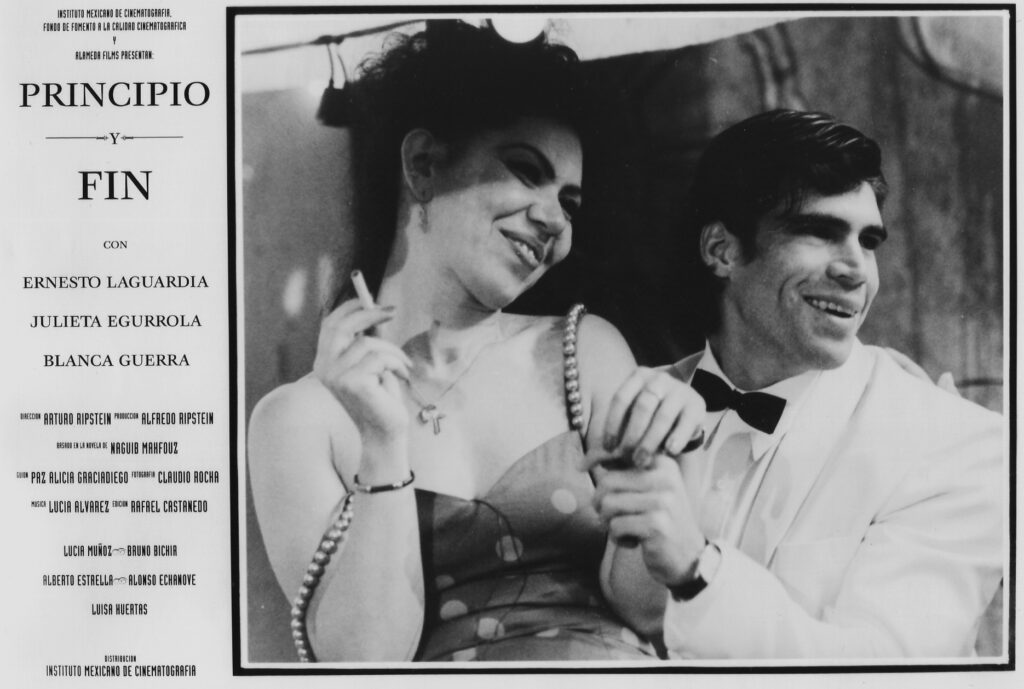
The Beginning and the End — 1994 Sundance Film Festival
A middle-class Mexican family is at the center of this drama, directed by Arturo Ripstein and written by Paz Alicia Garcia Diego and Naguib Mahfou. After the father’s sudden death, the mother is desperate to restore the family fortune and believes her youngest son, an aspiring lawyer, will be the one to make that happen. But fate has other plans in store for the struggling family.
“Arturo Ripstein’s adaptation of Nobel Prize–winning author Naguib Mahfouz’s masterpiece is itself an extraordinary accomplishment. Having transposed the setting from Egypt to contemporary Mexico City, Ripstein and partner/screenwriter Paz Alicia Gracia Diego have fashioned an epic work with emotional power and universal significance,” writes Geoffrey Gilmore in the Festival Program Guide.
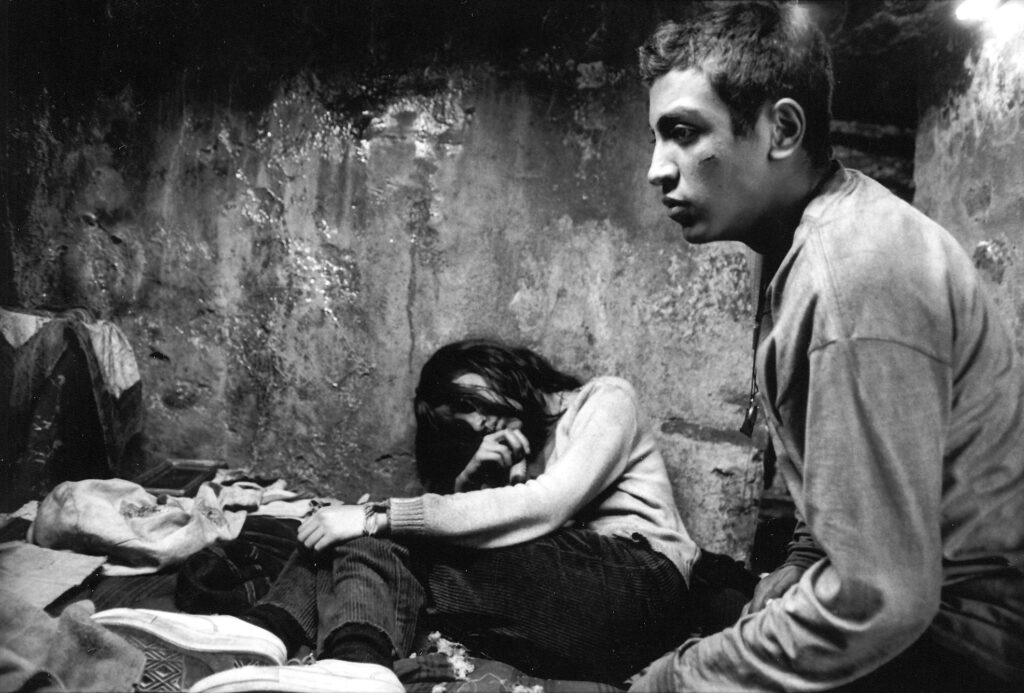
Streeters (De la calle) — 2002 Sundance Film Festival
Gerardo Tort’s dramatic feature, written by Marina Stavenhagen and Jesús González Dávila, follows a restless teen forced into a foster home when his father goes missing. Roaming the streets of Mexico City and obsessed with finding his dad, he falls into a life of drugs and petty crime. When his girlfriend finds out she is pregnant, he devises a plan to get money quickly so he can run away with her.
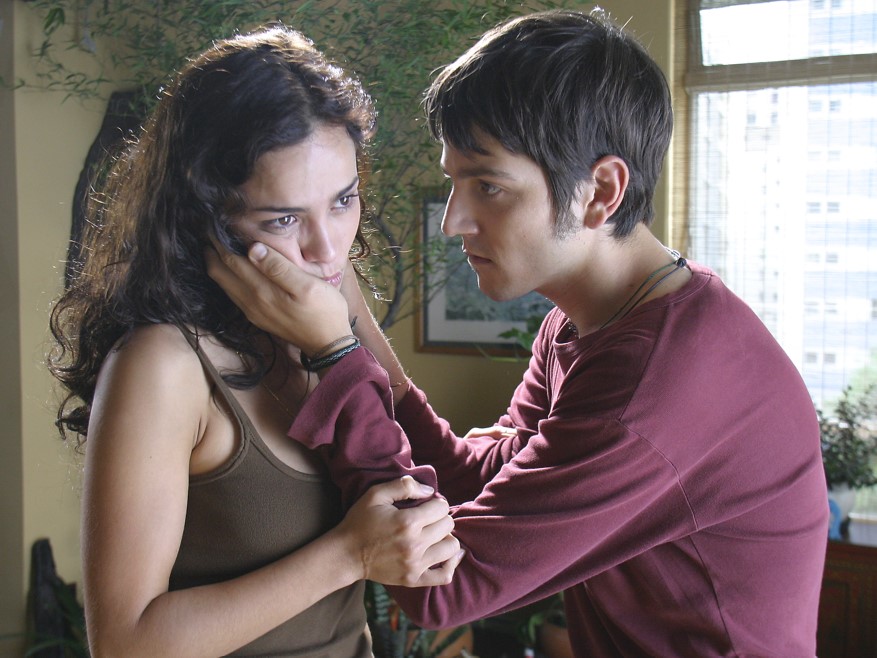
Sólo Dios Sabe — 2006 Sundance Film Festival
In this road trip film by writer-director Carlos Bolado and co-writer Diane Weipert, Dolores, a carefree Brazilian student, crosses paths with a brooding Mexican journalist at a Tijuana nightclub. When her passport is stolen, she hitches a ride with him to Mexico City to replace it — thus unfolding their chaotic love story.
“With radiant, emotionally intense performances by Diego Luna and Alice Braga, and music by Brazilian electronic wunderkind Otto and Mexican alternative rocker Julieta Venegas, Carlos Bolado gives us a sensuous, heightened journey that traverses spiritual, geographical, romantic, and philosophical terrain all at once,” writes Caroline Libresco in the Festival Program Guide.
Nana — 2015 Sundance Film Festival
Diego Luna directed and co-wrote this short with the help of co-writer and producer Paloma Riojas. The film paints an intimate portrait of nannies working in Mexico, inspired by Luna’s personal experiences growing up. The project reflects on these caregivers’ unique role as one of the country’s few bridges between social classes.
Nana had its world premiere at the 2015 Sundance Film Festival as part of the Sundance Institute Short Film Challenge in partnership with the Bill and Melinda Gates Foundation.
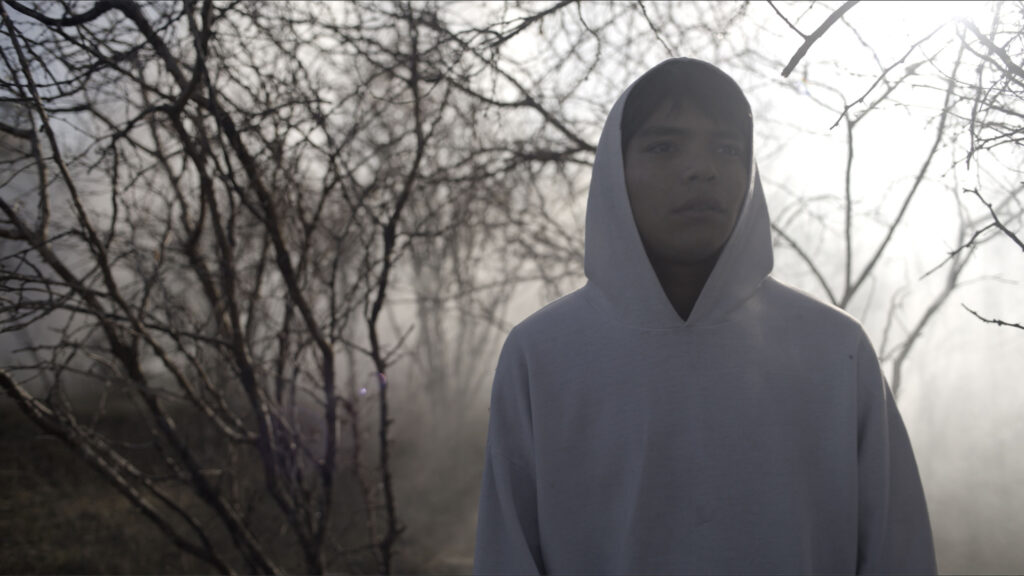
Sujo — 2019 Morelia | Sundance Institute Story Lab, 2024 Sundance Film Festival
Writer-directors Astrid Rondero and Fernanda Valadez returned to the 2024 Sundance Film Festival with Sujo after teaming up to write 2020’s Identifying Features (Sin Señas Particulares). This was their first time directing a film together, and their project was honored with the World Cinema Grand Jury Prize: Dramatic.
In the drama, four-year-old Sujo is sent to the Mexican countryside to live in isolation after his father, a cartel gunman, is killed. But the older he gets, the more he realizes that fulfilling his father’s destiny may be inevitable, and Sujo decides to flee to the city for a new life.

